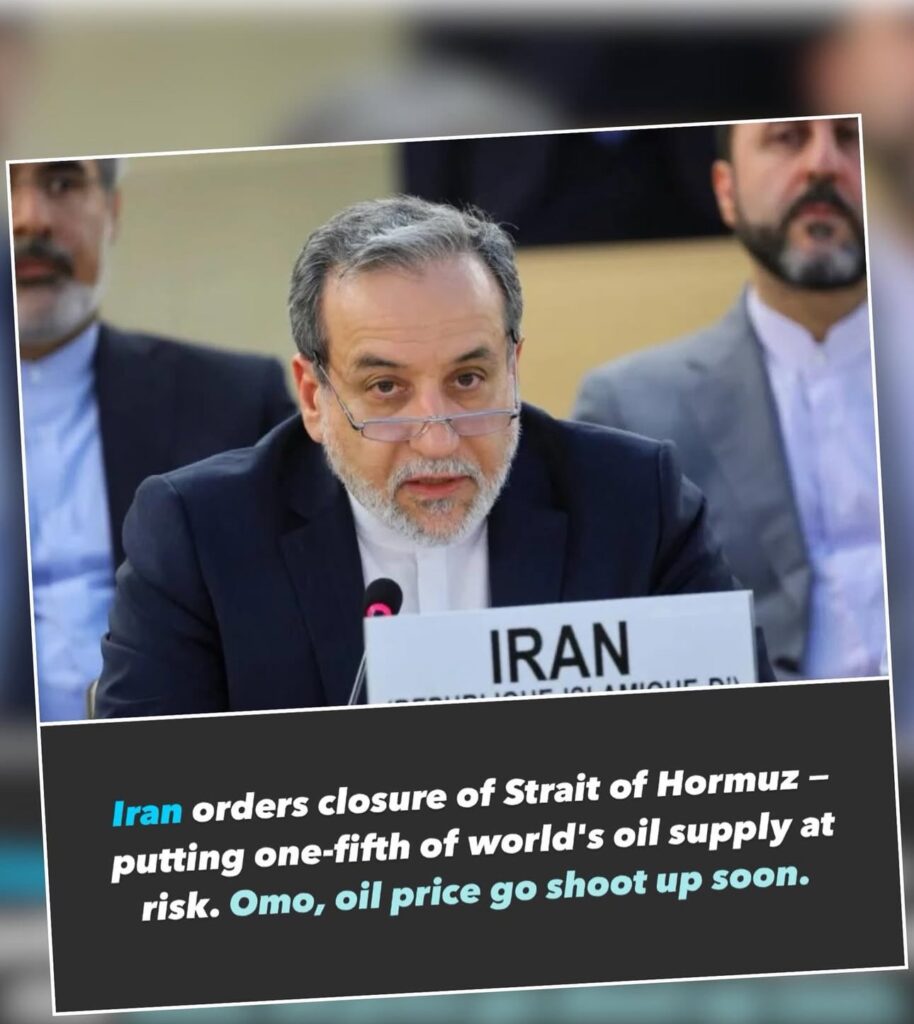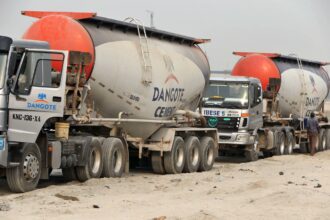
Iran’s parliament has approved the closure of the Strait of Hormuz, a key maritime route responsible for nearly 20% of global oil transit. This action, which threatens to halt roughly \$1 billion in daily oil shipments, is expected to significantly drive up oil prices. Brent crude rose 3.9% to \$80 a barrel on Sunday, while US crude climbed 4.3% to \$77.
Jask, also called Bandar-e Jask, is a southern Iranian port town on the Gulf of Oman, situated just outside the Strait of Hormuz.A final decision from Iran’s Supreme Council is expected tonight, according to state media outlet Press TV.
In response to US strikes on its nuclear infrastructure, Revolutionary Guard commander Email Kosari warned that Iran’s major countermeasures would occur “whenever necessary.”The strait, linking the Gulf of Oman to the Persian Gulf, is a strategic maritime bottleneck just 20 miles across at its tightest point.
Navigable shipping lanes within the strait are less than two miles wide in each direction, heightening their vulnerability to disruption or attack.Its shallow waters make it a potential target for underwater mines, while its narrowness increases risks from coastal missile strikes or patrol boat interceptions.
Gregg Roman, Executive Director of the Middle East Forum, told The Post that Iran would likely adopt a layered asymmetric strategy rather than attempt a direct naval blockade.He said Iran’s main tactic would be quickly deploying naval mines across the shipping lanes, combined with mobile missile launches from systems like the Ghader and Nasir, capable of striking tankers from nearly 185 miles away.
Iran lacks legal authority to prevent maritime traffic through the Strait, and any such move would likely provoke a firm international military response. The US Fifth Fleet, along with allied naval forces, continuously patrols the region. The strait is bordered by Iran to the north and by Oman and the UAE to the south.
A vast share of oil exports from Iran, Iraq, Kuwait, Qatar, Saudi Arabia, and the UAE passes through this narrow waterway.Asia stands to suffer the most from any disruption, as countries like China, India, Japan, and South Korea heavily rely on oil supplies shipped via the strait.
China, Tehran’s biggest oil customer and a key diplomatic ally that has previously blocked UN sanctions, would be especially impacted by a closure.Iran’s own economy would also be at risk from such a move. Roman noted that any closure would be short-lived and ultimately damaging to Iran, which depends on the strait for critical imports. He added that the US Navy has well-established plans to counter such scenarios. Such action, he said, would isolate Iran from China and devastate its economy, making the threat itself more useful to Tehran than actual implementation.
Iran previously disrupted Gulf maritime traffic in April 2024 by seizing the MSC Aries, a container ship linked to Israel, citing maritime violations. In April 2023, it detained a US-bound tanker over an alleged collision incident, and in May 2022, it held two Greek tankers for six months in what was viewed as retaliation for a prior seizure of Iranian oil. Elsewhere, the Houthi rebels in Yemen successfully interrupted shipping through the Bab el-Mandeb Strait by deploying missiles and drones, reducing Red Sea traffic by 70% in June compared to 2022–2023 levels, according to Clarkson Research Services Ltd.
Shipping companies were forced to reroute vessels around the Cape of Good Hope, significantly increasing travel time and cost between Europe and Asia. Iran’s Navy is expected to replicate the Houthis’ tactics, adding cyber attacks and sabotage to the mix, Roman said. He predicted the IRGC Navy would use its “swarm” strategy, deploying numerous small armed boats to overwhelm defenses, alongside suicide drones and unmanned explosive boats—methods refined via Houthi operations.
Additional strategies could include cyber assaults on ports and navigation systems, activating proxy groups to create regional crises, sabotaging Saudi and UAE oil infrastructure, and targeting Gulf desalination plants to deter support for US-led responses.
Source: https://nypost.com/








